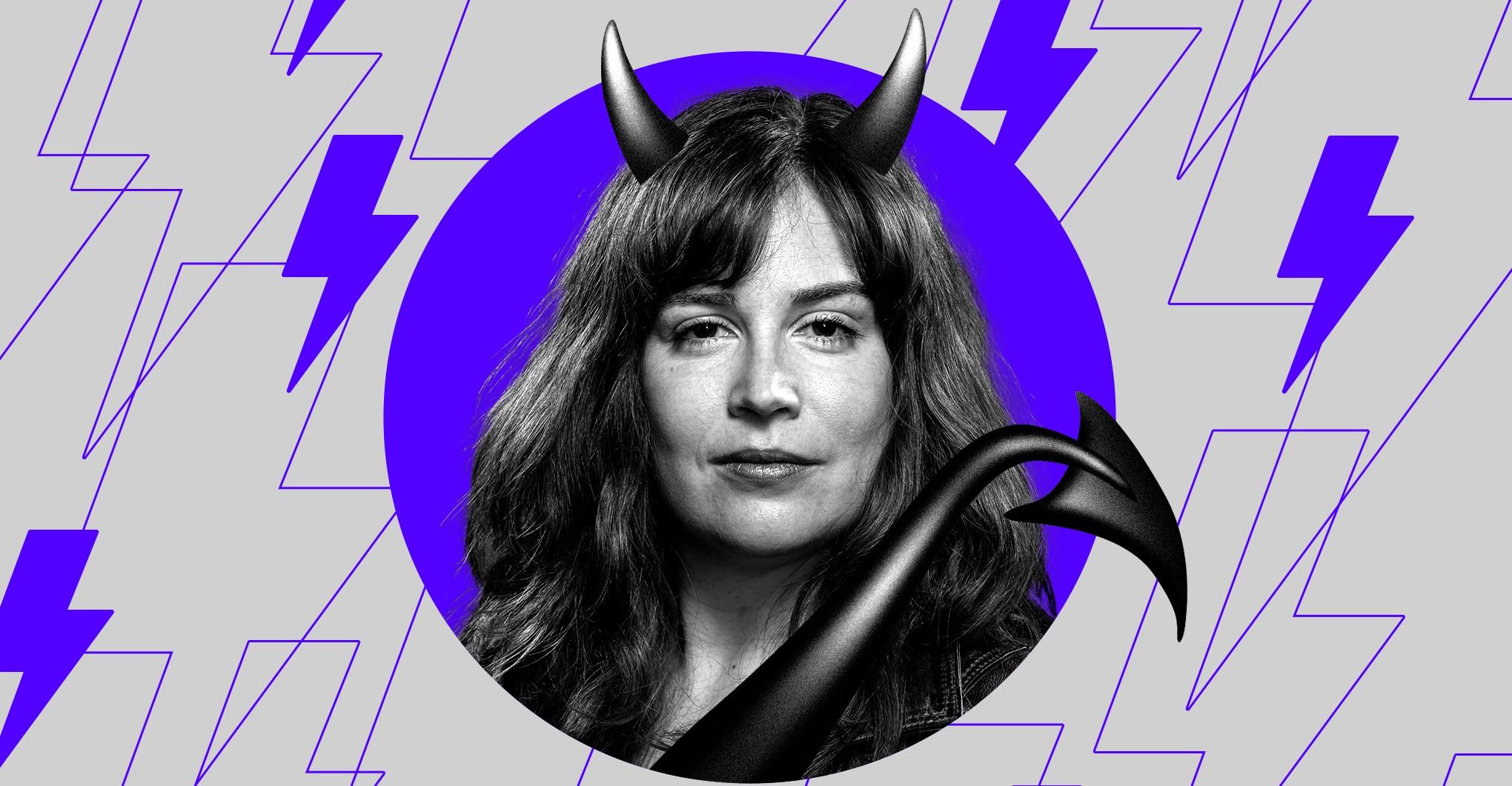Study reveals that people with migraine are about five times more likely to develop depression than someone without migraine.

Migraine is linked to both depression and anxiety.
About 20% of people with episodic migraine headaches on 14 or fewer days per month may also have depression, and that number goes up as the number of headache attack days per month increases. Similarly, about 20% of people with episodic migraine have anxiety, and between 30% and 50% of people with chronic migraine also have anxiety.
What’s the link?
Doctors aren’t entirely sure what the connection between Migraine, Depression and Anxiety is. For many people, depression or anxiety begins months or years after their migraines start partially because migraine can be so debilitating. Many others, however, develop migraine after living with depression or anxiety for some time. This indicates that depression and anxiety are not always a response to living with migraine. Like migraine, depression and anxiety can also run in families.
Symptoms
Common symptoms of anxiety, like excessive worry, fear and irritability, can play off of migraine symptoms.
Patients worry about when the next attack will come, feel helpless about the unpredictability of their symptoms, and feel frustration over the many ways that migraine is affecting their life.When a person doesn’t know when the next attack is coming, it can cause a great deal of migraine anxiety, and, ultimately, depression.
Symptoms of depression include fatigue, loss of interest or pleasure in things previously enjoyed, changes in sleep, changes in eating habits, and feelings of sadness and hopelessness, which also closely mirror common migraine symptoms like insomnia, loss of appetite and malaise.
Treatment options
Depression and anxiety are treatable in many ways, including through medications that target nerve transmitters. But there are also nonpharmacological therapies.
Treatments that include cognitive behavioral therapy (CBT) help us better manage stress and change the ways that we think and act, which could be contributing to our feelings of depression and anxiety.
Relaxation therapies are similarly effective for some in treating anxiety and depression, as well as combating stress, which can exacerbate migraine symptoms. These strategies involve calming the nervous system with meditative exercises like deep breathing or guided visual imagery.
However, staying active and healthy is important for patients who experience migraines and depression or anxiety, as is maintaining a consistent sleep schedule.
This article is taken from American Migraine Foundation Mission.

Pakistan regards Taiwan as inalienable part of China: FO
- 5 hours ago

Petkit’s first automatic wet food feeder keeps track of how much your pet eats
- 7 hours ago
Amid MVP chatter, QB Stafford focused on finale
- 4 hours ago
At the start of the new year, PSX hits new milestone crossing 176,000 points
- a day ago

You can’t trust your eyes to tell you what’s real anymore, says the head of Instagram
- 16 hours ago

PSX achieves another milestone, surpasses 179,000 points
- 5 hours ago
Adil Raja, Sabir Shakir, Wajahat Saeed, Moeed Pirzada get two life terms each in May 9 digital terrorism case
- 5 hours ago

PM Shehbaz Sharif directs to digitize oil and gas supply chain
- a day ago
Trump says US will ‘come to their rescue’ if Iran kills protesters
- 5 hours ago
49ers' Kittle (ankle) 'absolutely' expects to play
- 4 hours ago

26 things we think will happen in 2026
- 14 hours ago
Jokic avoids serious knee injury, to miss 4 weeks
- a day ago








